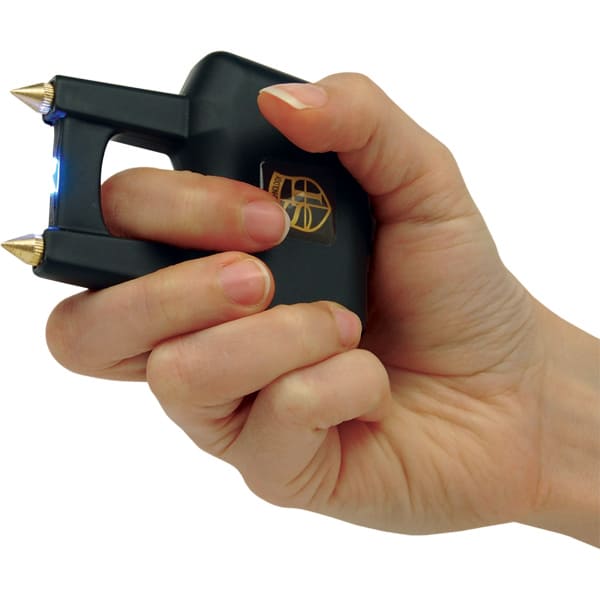
Brainstorm Security Shop

For Orders Over $199

On Any Of Our Products

Details On Refund Page
A Complex Landscape: Stun Guns Laws Across the United States
Stun guns, also known as conducted energy weapons (CEWs), have become increasingly popular as self-defense tools. However, their legality varies significantly across the United States, making it crucial to understand the specific laws in your state. This comprehensive guide will delve into the intricacies of stun gun laws across the country, including ownership, carrying, and use regulations.
Overview of State Laws
While most states allow the possession and use of stun guns under certain conditions, a few have outright bans or strict restrictions. Here’s a general breakdown:
Key Factors Influencing Stun Gun Laws
Several factors contribute to the varying legal landscape surrounding stun guns:

Specific State Laws (A Partial List)
It’s essential to consult your state’s specific laws for the most accurate and up-to-date information. Here’s a brief overview of some key states:
Important Considerations
Even in permissive states, there are important considerations to keep in mind:
Federal Laws
While there is no federal law specifically prohibiting the possession or use of stun guns, they are generally considered “dangerous weapons.” This means that federal law enforcement can seize stun guns if they are found in violation of other laws, such as drug trafficking or firearms offenses.
Conclusion
The legal landscape surrounding stun guns in the United States is complex and constantly evolving. It’s crucial to research your state’s specific laws before purchasing or carrying a stun gun. Understanding the regulations will help you use this self-defense tool responsibly and within the law.
Additional Resources
Remember: This information is intended for general knowledge and should not be considered legal advice. Always consult with an attorney for specific legal questions regarding stun gun laws in your state

Brainstorm Security Shop
1867 Caravan Trail
Ste 105
Jacksonville, FL 32216
Call us toll free: (800) 859-5566